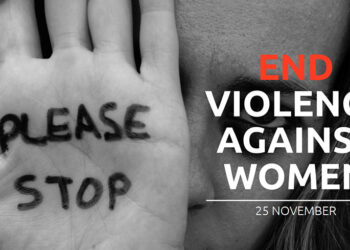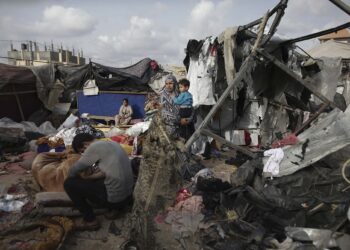Human Lives Human Rights: Kashmir is one of the most important and strategic regions of the Indian subcontinent which has been the subject of much controversy between India and Pakistan since 1947 till date, due to the boundaries created by British colonialism, and during these conflicts, no one has been oppressed as much as the people of this region.
Most affluent classes lived here who had a support of British rulers. In 1947, after the Kashmir Maharaja refused to join Pakistan, a dispute over the ownership of Kashmir led to protracted conflicts between the Indian and Pakistani governments; As a result, parts of northern Kashmir, including Azad Kashmir and Gilgit-Baltistan, came under the control of the Government of Pakistan, and the regions of Jammu, Kashmir and Ladakh came under the control of the Indian government. Also, a region in the East of Kashmir is dominated by China, known as the Aksai Chin.
About 80% of the population in Kashmir are Muslims, who are the oldest inhabitants of the region, and the remaining 20% are Hindus and Sikhs, who after the independence of India from British colonialists migrated to this region.
Residents of this region have always been affected by the clashes between India and Pakistan, especially the Muslims, because the Hindu extremists have always worked against the Muslims of this region to force them to migrate, On the other hand, in order to occupy the region, the Pakistani army has carried out firings during its military conflicts. But, the Indian government, along with the Hindu extremists, has had the upper hand in crimes against Muslims of the region.
According to a 2019 Al Jazeera report, Human Rights Watch said, the Indian military and security forces are using banned weapons to deal with protesters in Jammu and Kashmir, leading to blindness, physical disability or death.
The report states that Indian officials claim that the policies they are pursuing will improve the lives of the people of Kashmir, but they cannot cover up the fact that they are making the civilians blind, physical disable and killing them.
Also, according to information published by the Deutsche Welle website, during the popular protests in Kashmir in 2010, about 120 people were killed and in 2015, around 17 people were killed. Between 2016 and 2019, 139 people in Kashmir were blinded using pellet-shot guns by the Indian security forces, and in 2016 and 2017, almost 6,221 people were injured, and among them, 782 people had eye injuries.
“Time and again, Indian law enforcement’s use of shotguns in Kashmir has resulted in shocking, grievous injuries of protesters and bystanders,” said Meenakshi Ganguly, South Asia director at Human Rights Watch. “Indian authorities need to recognize that this weapon fired into crowds, even with violent demonstrators, will invariably cause indiscriminate and excessive injury in violation of international standards.”
However, Muslims in the region have been subjected to widespread oppression since 1947, and it is interesting to note that human rights claimants in the East and West, from the United States and Britain to China and Russia, have remained silent in the face of this oppression, and they are only witnessing widespread and increasing crimes against the main and old inhabitants of this region, and in fact, it is not clear how long the people of this region should be oppressed, and how long the false claimants of human rights won’t act.


















